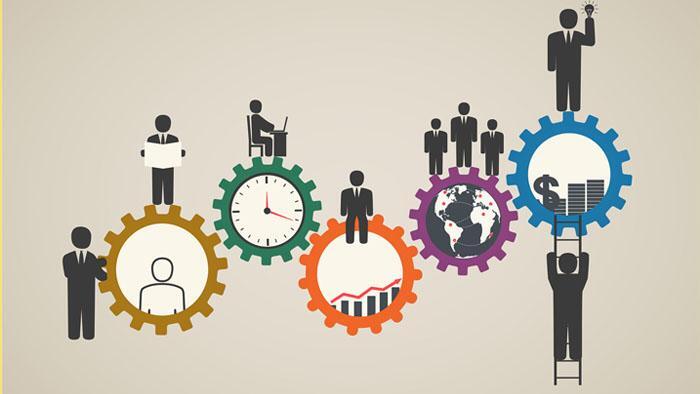
Human Skills Key to Future of Work
As the world hurtles towards the year 2030, the future of work is undergoing a significant transformation. The rapid advancement of technology, particularly Artificial Intelligence (AI), is revolutionizing the way we live, work, and interact with each other. While AI has the potential to augment human capabilities, it also poses a threat to certain jobs and industries. To thrive in this new landscape, it is essential to develop a balance of AI expertise and human-centric skills that are uniquely suited to the future of work.
The Future of Work: A Growing Skills Gap
The World Economic Forum’s 2020 Global Risks Report identified the “future of work” as one of the top 10 risks facing the world. The report warns that the rapid pace of technological change is creating a growing skills gap, which could exacerbate social and economic inequalities. According to a report by the McKinsey Global Institute, by 2030, up to 800 million jobs could be lost worldwide due to automation, while 140 million new ones could be created.
The skills gap is not just a concern for individuals; it also impacts businesses and economies. A report by the World Bank estimates that 40% of the global workforce lacks the skills needed for the jobs of the future. This skills gap threatens not only the employability of workers but also the competitiveness and productivity of businesses.
Key Human Skills for the Future of Work
So, what skills will shape the future of work? A growing number of experts agree that human skills, such as adaptability, creativity, and emotional intelligence, will be essential for success in the years to come. These skills are not only valuable in the face of technological change but are also essential for building strong relationships, communicating effectively, and making informed decisions.
-
Adaptability: The ability to adapt to new situations, technologies, and processes will be crucial in the future of work. As AI takes over routine and repetitive tasks, workers will need to be able to pivot and learn new skills quickly.
-
Creativity: Creativity is not just essential for artistic pursuits but also for problem-solving, innovation, and entrepreneurship. As AI becomes more prevalent, human creativity will be the key to developing new products, services, and solutions.
-
Emotional Intelligence: Emotional intelligence is the ability to understand and manage one’s own emotions and those of others. This skill will be vital in a world where AI is increasingly involved in decision-making processes.
-
Resilience: Resilience is the ability to bounce back from setbacks, failures, and uncertainties. As the future of work becomes more unpredictable, workers will need to develop resilience to navigate the challenges and opportunities that lie ahead.
-
Learning Agility: Learning agility is the ability to quickly learn new skills, adapt to new technologies, and pivot in response to changing circumstances. This skill will be essential for workers who want to stay ahead of the curve and remain relevant in a rapidly changing job market.
The Role of Educators, Founders, and Investors
So, what can educators, founders, and investors do to prioritize these human skills in the future of work? Here are a few suggestions:
-
Reorient Education: Educators can reorient their focus towards developing human skills, such as adaptability, creativity, and emotional intelligence. This will require a shift away from rote memorization and towards hands-on learning, project-based learning, and experiential education.
-
Foster a Culture of Learning: Founders can foster a culture of learning within their organizations by encouraging continuous learning, providing opportunities for professional development, and recognizing and rewarding workers who are willing to learn new skills.
-
Invest in Human Capital: Investors can invest in startups and businesses that prioritize human capital, focusing on companies that develop and nurture human skills, such as adaptability, creativity, and emotional intelligence.
Conclusion
The future of work is uncertain, but one thing is clear: human skills will be key to success. As technology advances, it is essential to develop a balance of AI expertise and human-centric skills that are uniquely suited to the future of work. By prioritizing adaptability, creativity, emotional intelligence, resilience, and learning agility, workers, businesses, and economies can thrive in the years to come.
Source: https://ascendants.in/business-stories/skills-that-will-shape-2030/



